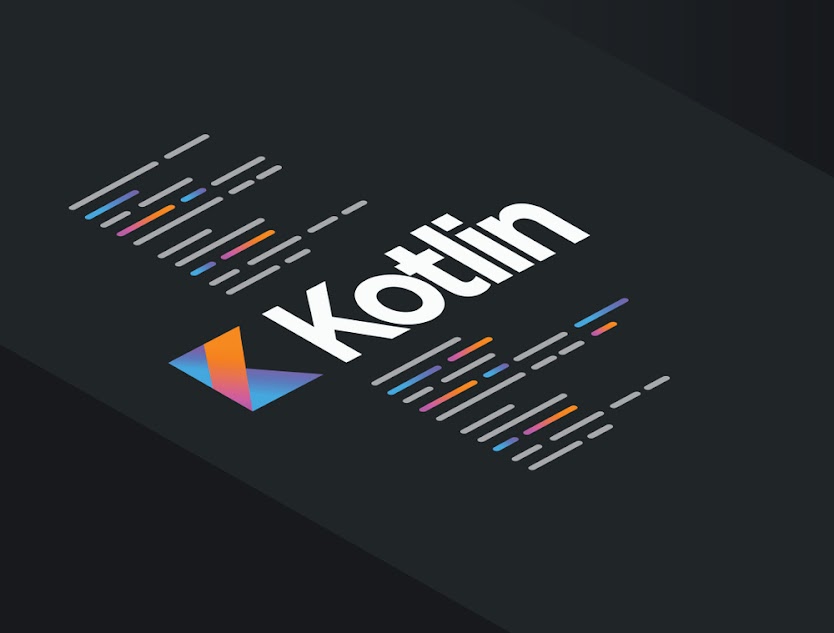Everything You Need to Know About Hiring and Retaining Gen Z Talent
It's becoming increasingly difficult for company executives to attract, hire, and retain the eldest members of Generation Z as they enter the workforce. By 2025, members of Gen Z are projected to account for 20.7% of the labor force, rising to 33.4% by 2030. This generation is very different from the ones that came before it in terms of diversity and education level, and they also have very different priorities and expectations.
Leaders in the corporate world need a deep familiarity with the traits of Generation Z to be able to attract and retain the best employees. The following are some observations about Generation Z and suggestions for attracting and retaining its members:
Related: 7 Tips for Leading a Generation Z Workforce
What is the makeup of Generation Z?
Understanding Generation Z requires taking into account the distinct upbringing and ideals that have molded their perspective on the world. Generation Z, those people born between 1997 and 2012, are the most multicultural, tech-savvy, and well-educated generation yet. Individualism and a desire to make a difference in the world are hallmarks of Gen Z. They have a strong sense of social responsibility and political acumen, and they cherish tolerance and fair treatment of people of all backgrounds. They are more likely to establish their own firms and have a greater tendency toward entrepreneurship than prior generations.
This generation has come of age in a time of unprecedented technical advancement and international integration. They've seen a lot of change in their lifetimes, both culturally and economically, and that's made them realistic, thrifty, and resourceful. They have a strong dedication to social and environmental problems, and are well-connected, well-informed, and welcoming to all. Furthermore, Generation Z is distinguished by a strong sense of ambition, drive, and entrepreneurial spirit. Employment and recruitment of Generation Z
If you want to hire and retain top-notch Generation Z employees, you need to be aware of the factors that are most important to them. They consist of the following:
The older members of Gen Z had just recently started entering the workforce in 2020 when the global epidemic struck, therefore they had a totally different concept of a "regular" work schedule than their elders. Employers who want to attract members of Generation Z must be willing to provide work options that allow them to maintain a healthy work-life balance, such as remote and hybrid work, and fewer typical work hours.
When it comes to technology and innovation, members of Generation Z are well-versed and appreciative of its presence in the workplace. These workers are especially interested in working for progressive businesses that embrace new technologies and promote creativity.
Alignment of purpose with core values: As previously indicated, a driving force for Generation Z is a desire to make a difference. Therefore, employees place a premium on working for companies that encourage their participation in and advocacy for local and global concerns. Sustainable, diverse, and inclusive businesses will have the best chance of recruiting this group of consumers.
Most members of Generation Z currently employed have never held a position prior to the one they currently hold. For most people, the primary goal of their first employment is to gain experience and develop skills that will help them advance in their chosen field. When looking for a career, members of Generation Z prioritize companies that offer room for professional and personal development.
See also: The Top 5 Career and Employment Requirements of Generation Z
Finding the best ways to keep and develop Gen Z employees
When you've got a good number of millennials and Gen Zers working for you, it's time to foster an environment where they can thrive and feel invested in the company's future. Leaders in the corporate world must do the following to keep Gen Z employees and make the most of their talents:
Motivate your staff by appealing to their desire to make a difference and by creating a welcoming environment where their beliefs are celebrated. When it comes to teams, Gen Zers care most about being aligned and feeling like their efforts are valued. Embedding the company's core values into daily motivations is one strategy to help employees feel more connected to the significance of their work.
Employers who foster an environment conducive to personal and professional development will appeal to the Gen Z workforce. Businesses should give employees with opportunity for professional growth and development through formal training and education programs.
Gen Z is a collaborative generation that thrives when given the freedom to think creatively and freely. It is important for businesses to promote an environment where employees feel comfortable speaking up and contributing their thoughts and opinions. Knowing and considering the impact of varying communication styles on team performance is also crucial.
Companies may do more to encourage work-life balance beyond providing for things like flexible hours and vacation time. Employers who take steps to ensure their employees' mental health and well-being are popular with members of Generation Z. This can be as easy as demonstrating interest in and promoting employees' interests outside of work, praising their efforts, and checking in with them on a regular basis for open, honest conversation about anything but work.
Success in today's fast-paced corporate environment depends on the ability of top executives to make the most of the talents of the millennial- and Gen Z-generation workforce. By understanding this group's quirks and playing to their strengths, companies can develop a dedicated and skilled workforce that will contribute to their continued success for years to come. Business leaders need to take the time to learn about Gen Z and its specific wants, values, and preferences in the workplace if they want to succeed.


Comments
Post a Comment